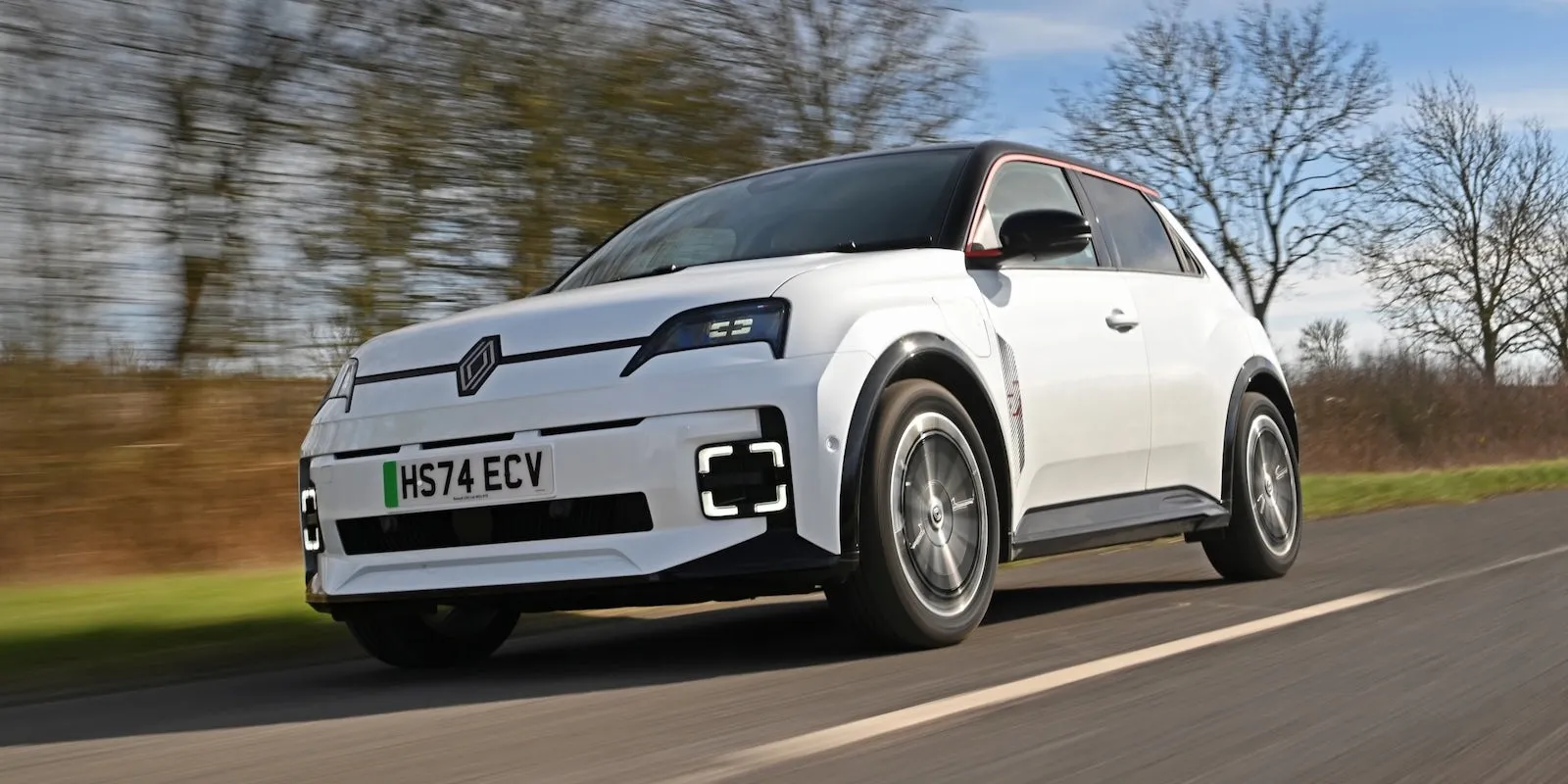Shocking Shift: Why Electric Cars Are Dominating America’s Roads in 2023!
In 2023, a remarkable transformation is taking place on America’s highways: electric vehicles (EVs) are rapidly becoming the preferred choice for many drivers. With a staggering 46% surge in EV sales from 2022, this shift reflects changing consumer preferences and a growing commitment to sustainability. As 8.5% of new auto registrations now consist of electric vehicles and an additional 10% for hybrids, the automotive landscape is undergoing a significant evolution.
The rise of electric vehicles can be attributed to several interconnected factors. Notably, the increased availability of charging infrastructure has made owning an EV more practical. As charging stations become more widespread, potential buyers feel more confident in their ability to charge their vehicles conveniently. This development is crucial in dispelling the common myth that electric vehicles are impractical for everyday use.
Government incentives and tax credits have also played a pivotal role in encouraging consumers to consider electric vehicles. Programs designed to reduce the upfront costs associated with EV purchases have made these vehicles more accessible to a broader audience. As one consumer noted, “The tax incentives made it possible for me to buy an electric car without breaking the bank.” This sentiment is echoed by many who are now making the switch.
Major automakers are not standing still in this evolving market; they are investing heavily in electric vehicle technology and production. With ambitious targets set for transitioning to electric fleets, some manufacturers have pledged to go fully electric by 2030. This commitment reflects a broader industry trend where traditional car makers are expanding their EV lineups to meet consumer demand. The rise of electric vehicle startups is also fostering competition and innovation, further enriching the market.
Environmental concerns continue to drive consumers toward electric vehicles. As awareness of climate change grows, many drivers are prioritizing sustainability in their purchasing decisions. The shift to electric vehicles is not just a personal choice; it is increasingly seen as a necessary step toward a more sustainable future. As one industry expert stated, “Driving an electric vehicle is not just about saving money; it’s about making a positive impact on the planet.”
Advances in battery technology have also made electric cars more appealing. Improved range and performance are significant factors that influence consumer decisions. With many new models offering ranges comparable to traditional gasoline-powered vehicles, the reluctance to switch is diminishing. Additionally, rising fuel prices have made electric vehicles a more economical choice for many drivers, further accelerating this trend.
Public awareness campaigns and educational initiatives are helping to dispel myths about electric vehicles. Efforts to inform consumers about the benefits of EVs, including lower maintenance costs, have contributed to a growing acceptance of this technology. As more people become educated about the advantages of electric cars, the demand continues to rise.
The automotive industry is witnessing a cultural shift, particularly among younger generations who show a clear preference for sustainable transportation options. This demographic is more likely to prioritize environmental impact and technological integration when making purchasing decisions. As a result, electric vehicles are becoming increasingly integrated with smart technology, enhancing the driving experience and connectivity.
Fleet operators are also recognizing the benefits of electric vehicles. Many are adopting EVs to reduce operational costs and meet sustainability goals. This trend is not only beneficial for businesses but also contributes to a broader societal shift toward cleaner transportation options. As one fleet manager remarked, “Switching to electric vehicles has not only cut our costs but also helped us align with our commitment to sustainability.”
In conclusion, the dominance of electric vehicles on America’s roads in 2023 is the result of a confluence of factors: increased availability of charging infrastructure, government incentives, advancements in technology, and a cultural shift toward sustainability. As consumers continue to prioritize environmental concerns and economic benefits, the growth of electric vehicles is likely to accelerate. With traditional gasoline-powered car sales declining, the automotive industry is poised for a future where electric vehicles are not just an option but the norm. As we move forward, the ongoing evolution of the electric vehicle market promises to reshape our transportation landscape for years to come.






Leave a Comment